The strong adoption of smart phones, combined with an increasingly common use of geo-location functions by users, make Applications ('Apps') a powerful tool to provide information for an emergency team to save lives and provide accurate location information using a combination of location techniques as GNSS, WI-FI and Cell-ID. Such Apps are generally either or both A2C (Authority to Citizen) and/or C2A (Citizen to Authority) and it appears that the bi-directional communications flow is the typical structure for Apps in Europe today.
Apps providing information to emergency services organisations need to comply with a number of requirements (technical, organizational, legal and human). The goal of this document is to describe the strategic objectives that underlie the implementation of a Pan-European Mobile Emergency Apps ( PEMEA), and propose a realistic plan/roadmap to achieve this task with minimal delay.
The following strategic objectives have been identified:
1. Deliver the architecture
This refers to the update of the current technical architecture to address identified implementation issues.
This update will be based on:
- security requirements and identified implementation issues;
- privacy/ethical requirements;
- PSO requirements.
Timeline: Completed by the end of Q2 2015.
2. Deliver a set of requirements and deployment guidelines
In order to ensure that the PEMEA works all over Europe, all stakeholders involved in the project need to know the requirements and processes to follow to be successful in its implementation.
This deliverable will outline what needs to be done so that each stakeholder can get data from caller applications and deploy the solution in each country to ensure that the data reaches the correct PSAP (Public Safety Answering Point).
Timeline: Completed by the end of Q3 2015.
3. Develop a certification and authentication program
This refers to how App Providers should get certified and approved. Two levels of certification is required, one for the PSAPs and one for the App Providers. The certification should ensure Service Providers receiving data from App Providers are able to send them to PSAPs as well as the interfaces used are the ones defined and validated.
EENA will prepare a proposal for a certification / authentication program for the Apps on the market.
Timeline: Complete by the end of Q4 2015.
We would like to thank Mr.Bertrand Casse, EENA Operations Committee Vice-Chair, Mrs. Iratxe Gomez, EENA Operations Committee Co-Chair, and Mr. James Winterbottom, EENA NG112 Committee Vice-Chair, for their valuable contributions to this publication.
To read the "112 Apps Strategy" operations document, click here.
